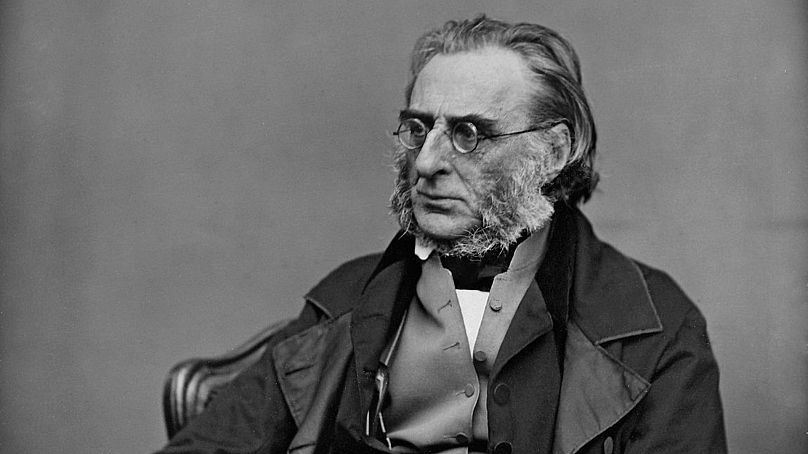
17 February 1843: The Battle of Miani and the birth of a misattributed quote
Everyone loves a good quote. Whether it’s Neil Armstrong taking “one small step for man,” Martin Luther King Jr.’s “I have a dream” or just Marilyn Monroe’s adage that “well-behaved women rarely make history.”
Except that last quote wasn’t actually by Monroe, even if pretty much everyone thinks it is.
Misattributed quotes pop-up all the time, and as much as it’s to many historians’ chagrin, they can also be a good chance to learn something about what actually happened.
Which takes up back to this day in 1843. Sir Charles James Napier was a British Major General in command of the Indian army within Bombay. Napier, who was born in 1782 and was in his sixties at the time, and had commanded a regiment of the British army against Napoleon, as well as fighting against the US.
Now, he was stationed in India and was in charge of quelling factionalist rebellions against the oppressive British imperial rule. For the past 200 years, Britain had been fighting to take greater control of India under the British Raj, a colonial rule that would last until 1947.
Napier was tasked with stopping an insurrection by Muslim rulers in the Sindh province, in what is now southeastern Pakistan.

The key moment came in the Battle of Miani, where Napier led his troops to victory against the Sindh Talpur army. Napier had only needed to stop a rebellion, but had overreached by conquering the entire Sindh province.
To inform his superiors of his success, Napier was said to have sent a single-worded message back to England: “Peccavi”.
It’s quite a clever message when broken down. “Peccavi” is the past tense in Latin for “to sin”, and can be translated as “I have sinned”. Or more accurately, “I have Sindh.”

The pun has gone down in history as a clever line from Napier, but it’s a misattribution. Napier never sent such a clever message. Instead, it was the English hymn writer and educator Catherine Winkworth who, aged 16, remarked to a teacher that it would make a good pun on the event. She sent the one-word line into the humour magazine ‘Punch’ and it was published on 18 May 1844.
Despite not making the remark, Napier would go on to serve as the Governor of Sindh and then the Commander-in-Chief of India. Even today, the legacy of his severe and violent campaign to stop anti-imperial sentiment in India is celebrated in Britain. Napier’s statue stands proud on one of the four plinths of Trafalgar Square in London.
